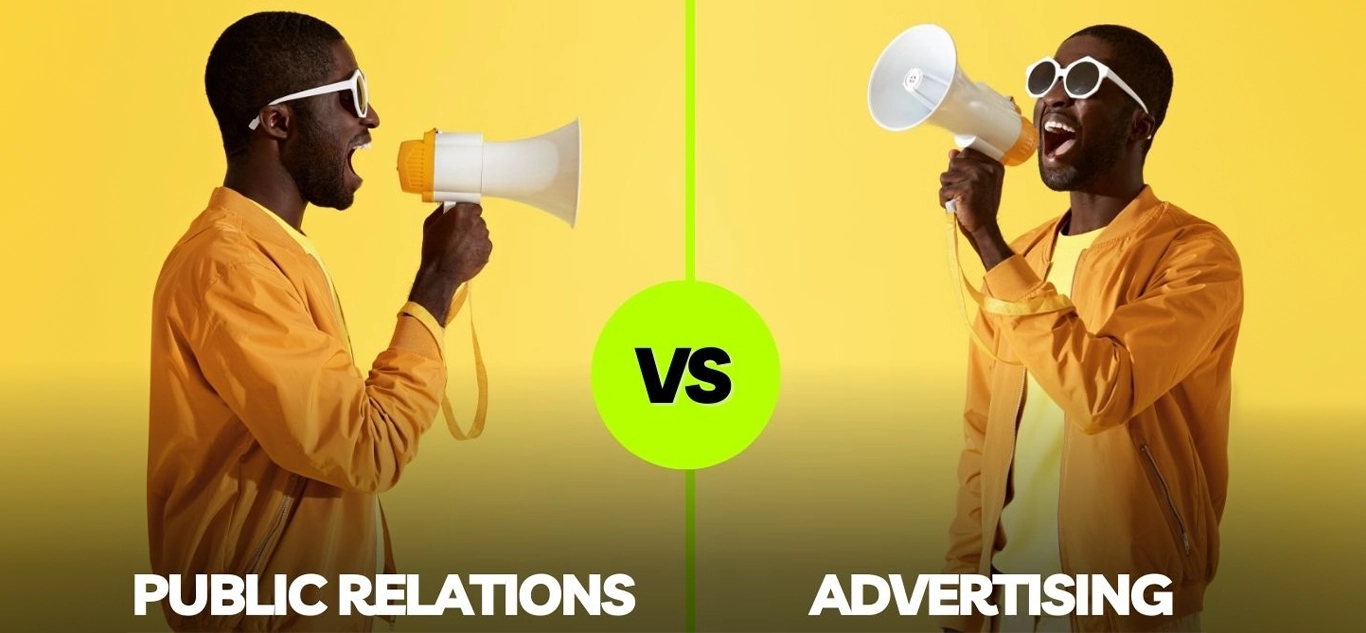
PR vs Advertising: What’s The Difference?
8 Aug 2024, By Deya Bhattacharya
Every platform we access today is inundated with promotional content. From influencer reels to website ads to press releases, it seems like everything we consume is selling something. And to a large extent, this is inevitable — given how many brands there are, it’s vital to invest in content that’s tailored to captivate your audience and nudge them towards an inquiry or purchase.
But when a brand signs up with a digital agency, it often makes the mistake of assuming that promotion through PR is the same as promotion through advertising. In reality, the two have almost opposite goals and characteristics, which is why you need to choose an agency that can work with both (or, at least, can clearly lay out what it can work on and where you might wish to work with another agency).
So what is the difference between public relations and advertising? We can sum it up in one sentence as follows:
What does this mean? Essentially, you pay for advertising by purchasing space on billboards, radio shows, influencer platforms, and search engine ad space. On the other hand, you earn PR coverage by convincing journalists and media houses to feature your client’s brand. A prerequisite for this is having strong media relations, which make it likelier that journalists will trust you enough to write about your client. You can’t buy your way into that kind of coverage.
Let’s talk about some more of the differences between the two.
All of this leads us to the million-dollar question:
The answer — neither is better or worse.
It is a commonly held view that good PR is better because it holds more weight than a paid ad. And indeed, there is no equivalent for having the kind of solid brand reputation that journalists trust. However, as seasoned PR professionals ourselves, we’re here to tell you that both PR and advertising have their unique spaces. With advertising, there’s no denying that you get results much sooner.
If you’re launching a product in the next two months, for example: chances are that’s not enough time to build PR coverage, especially if you’re starting from scratch. A targeted ad campaign will be much more effective in generating the reach and interest necessary for a successful launch. Over time, though? We definitely recommend investing in both — getting covered by a reputed media outlet is one of the best ways to cement your reputation and earn consumer trust.
In conclusion, the difference between PR and advertising is that while one is earned over time, the other can be paid for and actioned immediately. Both have their role in a successful brand promotion strategy, and the best PR agency will guide you through choosing the ideal mix for your brand. In fact, by syncing your PR and advertising strategies to deliver a consistent message, you can significantly enhance your product awareness and brand credibility. Need an expert’s assistance? Reach out to the team at Star Squared PR today.
